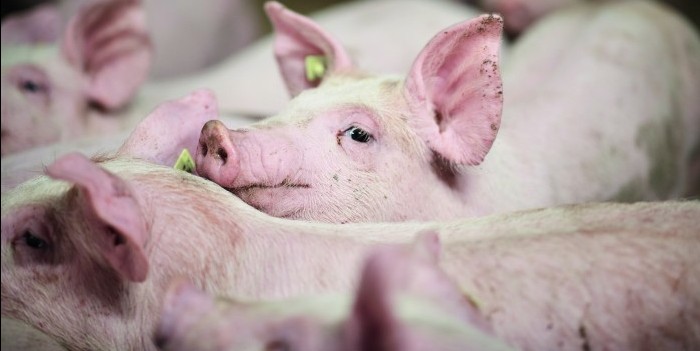Norwegian technology company N2 Applied has announced a partnership with the UK’s National Pig Centre that will utilise slurry emissions reduction technology in a typical pig farming environment to assess its potential for supporting multiple circular farming methods.
The National Pig Centre in Yorkshire, where the trial will take place, is the UK’s largest facility for research and innovation on commercial pig production, focusing on sustainability, nutrition, animal behaviour, health and welfare, with the overall ambition of reducing emissions to support more sustainable farming methods.
The assessment of N2 Applied’s plasma technology at the National Pig Centre will examine animal health benefits, soil health improvements and optimising nutrient use efficiency in pig production, with testing focused on the centre’s 440 sow indoor unit.
Using a technique that applies just air and electricity to slurry, the technology within the N2 Unit ‘locks in’ both ammonia and methane to the liquid waste material, producing a nitrogen-rich fertiliser. Treated slurry produced on-farm has the potential to reduce the need for chemical fertiliser, and therefore further reduce greenhouse gas emissions.
Carl Hansson, CEO of N2 Applied, explained that whilst most of the attention around agricultural emissions is focused on dairy cows, pigs make up a substantial portion of overall UK livestock, with approximately one pig for every two cows.
“The potential of this trial is huge, as the ability to improve management of pig slurry is one of the central aspects of the UK achieving net zero farming between now and 2040,” said Mr Hansson.
The theory proposed by the trial is that by keeping as much ammonia as possible within slurry, it will turn into nitrogen-rich fertiliser, resulting in fewer – if any – chemical fertilisers needed. It is hoped that combining this technique with other improved methods will offer the prospect of a significant step forward for circular pig farming.
Professor Stefan Kepinski, associate director for agriculture and environment at the Global Food and Environment Institute, University of Leeds commented: “Through research projects like our collaboration with N2 Applied we’re working to help make farming more sustainable, both through better management of slurry and improved financial incentives for farmers. Our overarching aim is to lower the environmental footprint of the National Pig Centre whilst driving effective, evidence-based knowledge exchange and commercialisation plans for net zero and regenerative food production systems.”




